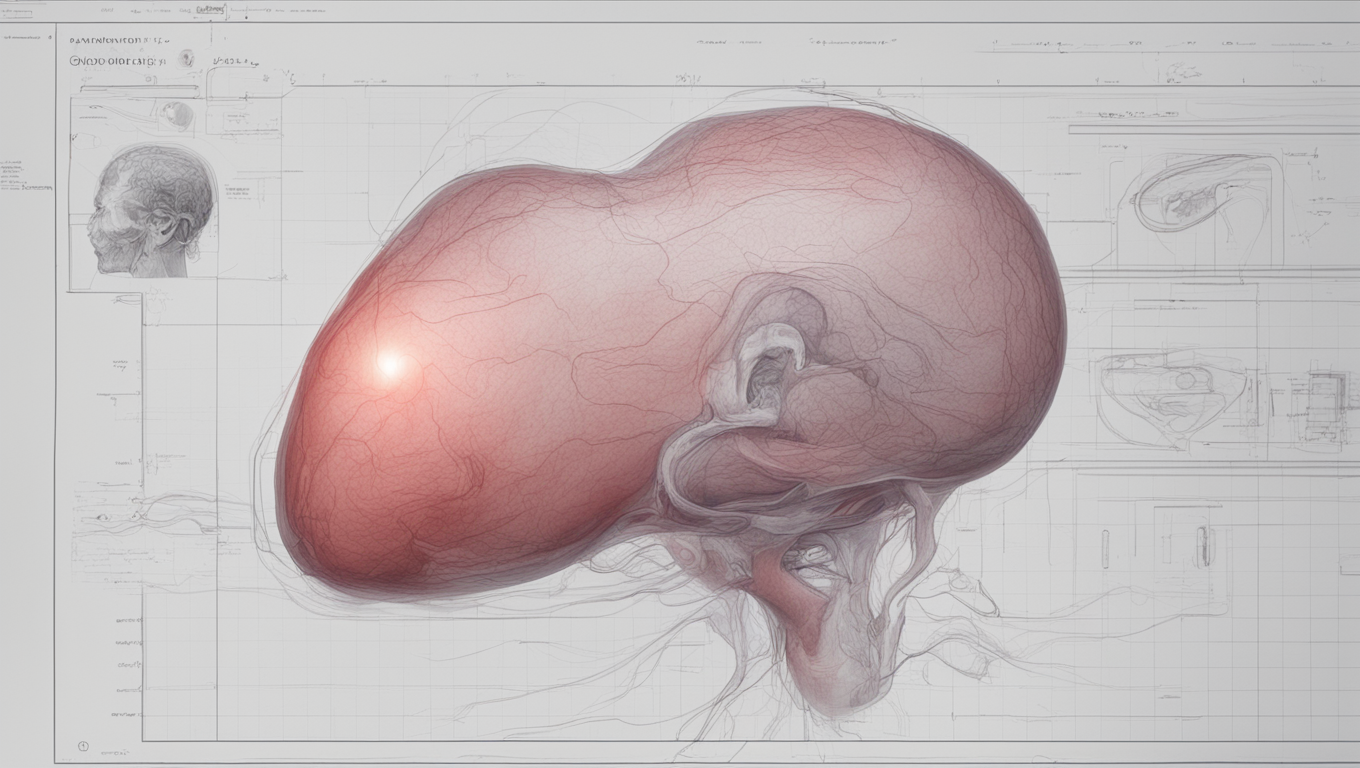Artificial Intelligence (AI) technology is making significant advancements in diagnosing heart failure, according to Datuk Amar Dr Sim Kui Hian, the Sarawak Minister for Public Health, Housing, and Local Government. Speaking at the launch of the Heart2Miss program, held at the Sarawak General Hospital, Dr Sim noted that AI has expedited the diagnostic process, leading to quicker and more accurate detection of heart failure. The program, a collaboration between AstraZeneca and the hospital, aims to improve the patient pathway for the early detection of heart failure in Type-2 diabetic patients.
Up until now, the diagnosis of heart failure required extensive training to perform a heart ultrasound. However, with the integration of AI technology, the diagnosis can now be completed in just four weeks and can even be done at regular health clinics. This new approach allows for the identification of more patients in the early stages of heart failure and helps prevent irreversible heart damage.
Dr Sim expressed his praise for the innovative pilot initiative, highlighting that it marks the first partnership between Sarawak and the pharmaceutical giant AstraZeneca in Malaysia. He also mentioned the importance of attracting big drug companies to the region for research and collaboration, as it showcases the talent found in Sarawak.
The pilot study utilizes handheld AI-powered point-of-care ultrasound (AI-POCUS) devices operated by novices to aid in the detection of heart failure through advanced image analysis and interpretation. The AI algorithms integrated into these systems can identify specific cardiac abnormalities associated with heart failure, such as impaired ventricular function, increased chamber dimensions, and abnormal blood flow patterns.
Key figures present at the event were Vinod Narayanan, Country President of AstraZeneca Malaysia; Dr Ngian Hie Ung, Hospital Director of SGH; Dr Alan Fong, Head of Clinical Research Centre SGH; and Dr Diana Foo, Principal Investigator of Heart2Miss from the Clinical Research Centre SGH.
The integration of AI technology into the diagnostic process for heart failure marks a significant advancement in healthcare. With the use of handheld AI-POCUS devices, the detection of heart failure has become quicker and more accessible, allowing for early intervention and prevention of further damage. As AI continues to progress and become more integrated into medical practices, the future of healthcare holds great promise for improved diagnoses and more personalized patient care.





Use the share button below if you liked it.